Overtime: The Curious Case of Kaepernick’s Tryout
Colin Kaepernick participated in a workout last weekend, demonstrating his abilities. (Courtesy of Flickr)
November 20, 2019
In its first real efforts to help former San Francisco 49ers quarterback Colin Kaepernick get back into the league, the National Football League arranged a private tryout for Kaepernick to be held in Atlanta over the weekend. However, it felt as if the NFL was throwing Kaepernick the proverbial bone by constructing this impromptu workout out of the blue.
And in response, Kaepernick took that bone and rifled it back towards the shield, just as he was rifling passes to his wide receivers at an hour long workout organized by his representatives on a high school football field roughly 60 miles away from Atlanta, in Riverdale, Ga. Kaepernick put his accuracy and arm strength on display for the seven teams who made the hour drive from the Atlanta Falcons training facility in Flowery Branch to Charles Drew High School.
Afterwards, Kaepernick addressed the media and made it abundantly clear that even after being three years removed from playing a snap in the NFL, he is still waiting for one of the 32 teams to give him a chance. “I’ve been ready for three years. I’ve been denied for three years. We all know why,” he said emphatically, while adding that, “We’re waiting for the 32 owners, the 32 teams, Roger Goodell, all of them to stop running. Stop running from the truth, stop running from the people.”
In the aftermath of Kaepernick’s workout, many criticized him for canceling the tryout set up by the NFL, concluding that Kaepernick doesn’t really want to play anymore and is more concerned with being a martyr than a potential starting quarterback. However, considering how his tryout ultimately came to fruition and the terms constructed by the NFL, you cannot blame the 32-year old Kaepernick for continuing to have distrust in the league he believes colluded against him in the three years since he has played.
For starters, Kaepernick himself did not find out about Saturday’s workout until Tuesday afternoon. According to ESPN’s Howard Bryant, Kaepernick’s team did not receive the usual 36 hours to accept or decline the offer. Instead, sources tell Bryant that Kaepernick was given just two hours to consider the NFL’s offer, from 11 a.m. to 1 p.m. or else lose out on the opportunity.
Kaepernick ultimately accepted the offer, but other components of the NFL’s tryout presented themselves in the following days.
The most confusing issue is the fact that the NFL chose for the event to be held on a Saturday. NFL tryouts for prospective players are done on Tuesdays, when top decision makers like head coaches and general managers have time to fly out and attend a particular workout. From all accounts, none of the 25 original NFL teams scheduled to watch Kaepernick throw on Saturday sent any of its coaching staff or GMs to Atlanta. And why would they, knowing that Saturday may be the most inconvenient day of the week for an NFL team, as a majority of them must have worried about the week’s games being played the very next day?
Yet, when Kaepernick proposed doing the workout the following Tuesday, the NFL quickly dismissed rescheduling and essentially told Kaepernick “take it or leave it.”
Then, the NFL tried to get Kaepernick to sign a waiver, unlike the standard ones given to free agents, which would give up his employment right to take any further legal action against the league. Why is that important? Primarily because the NFL also declined Kaepernick the ability to have an independent camera record his workout. Only the NFL would be in charge of what was recorded in Kaepernick’s workout and, given the fact that the NFL could literally do anything with the footage before sending it to all 32 teams, potentially compromising what teams would see.
The NFL also wanted it to be a private workout with no media whatsoever, only fueling the notion that the league was looking to control every aspect of the narrative encapsulating Kaepernick’s tryout. Instead, he decided to set the terms himself by working out elsewhere for the entire public to witness and allowing all 32 teams to see the raw footage of the raw talent Kaepernick still possesses, despite having lost three years of his prime.
However, Kaepernick is not absolved of blame in this situation. He did agree to the originally scheduled workout. When the disagreements came into the mix, he should not have snubbed the NFL’s workout last minute for another workout location 60 miles away. Had he shown up to the facilities in Flowery Branch, shed light on the superfluous terms given to him in front of media members there and told all 25 teams he was moving his working out elsewhere, all of the pressure and criticism would be on the NFL to “stop running” from Kaepernick’s truth.
Now, the NFL and Kaepernick stand exactly where they stood roughly three years ago, having made no progress in his attempt to be a professional football player again. What happens when an unstoppable force meets an immovable object? Exactly what has happened in this situation: absolutely nothing.

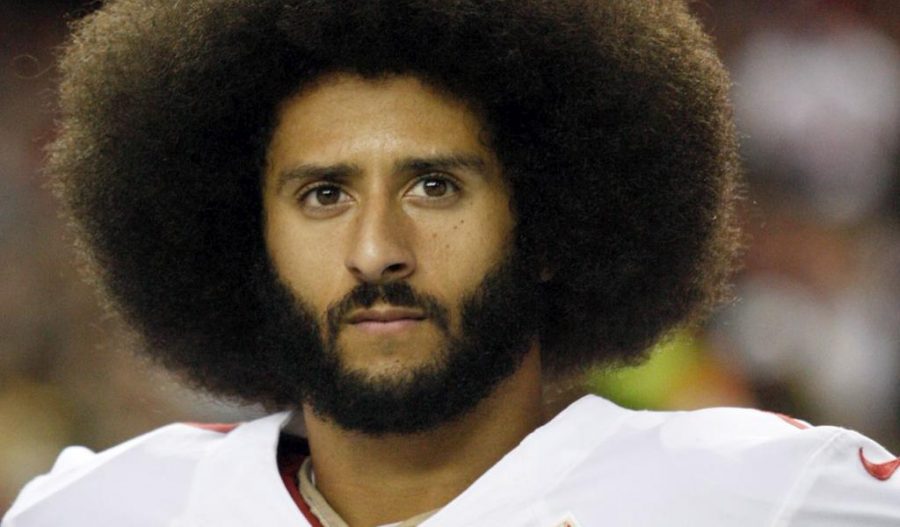
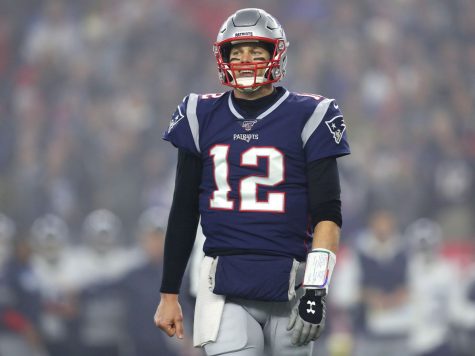
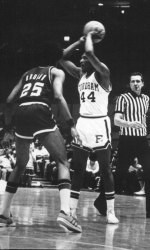
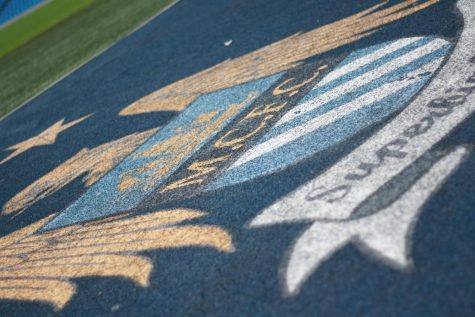
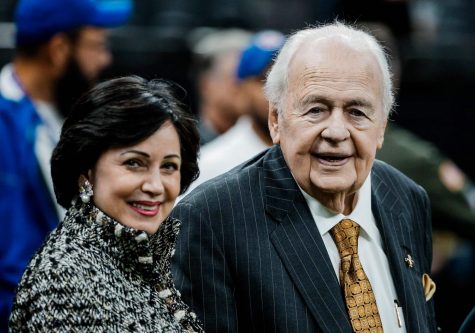
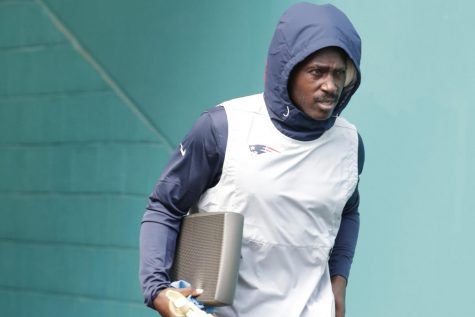
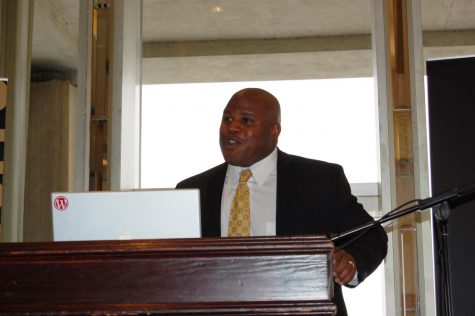
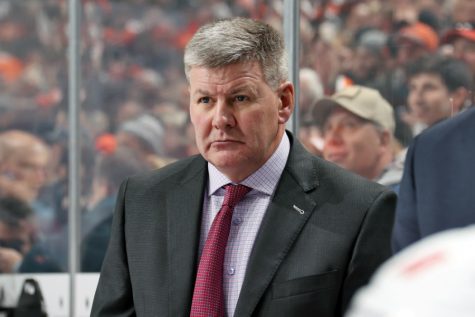

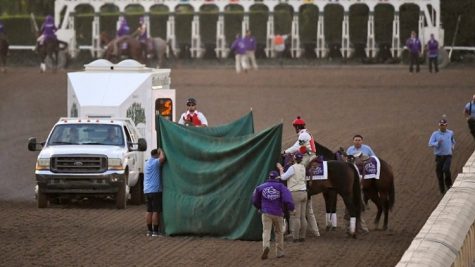
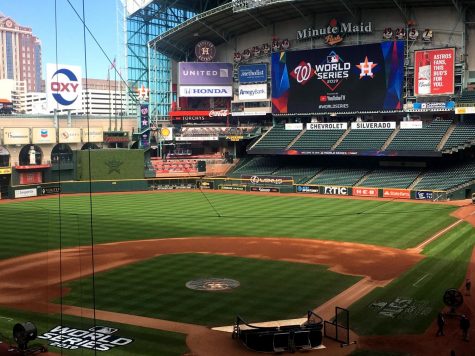
If you want a picture to show with your comment, go get a gravatar.